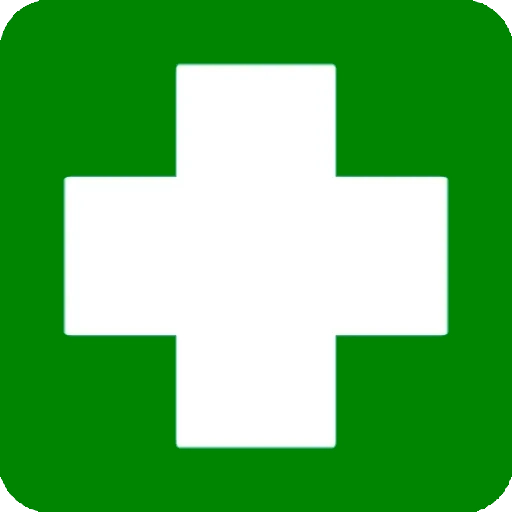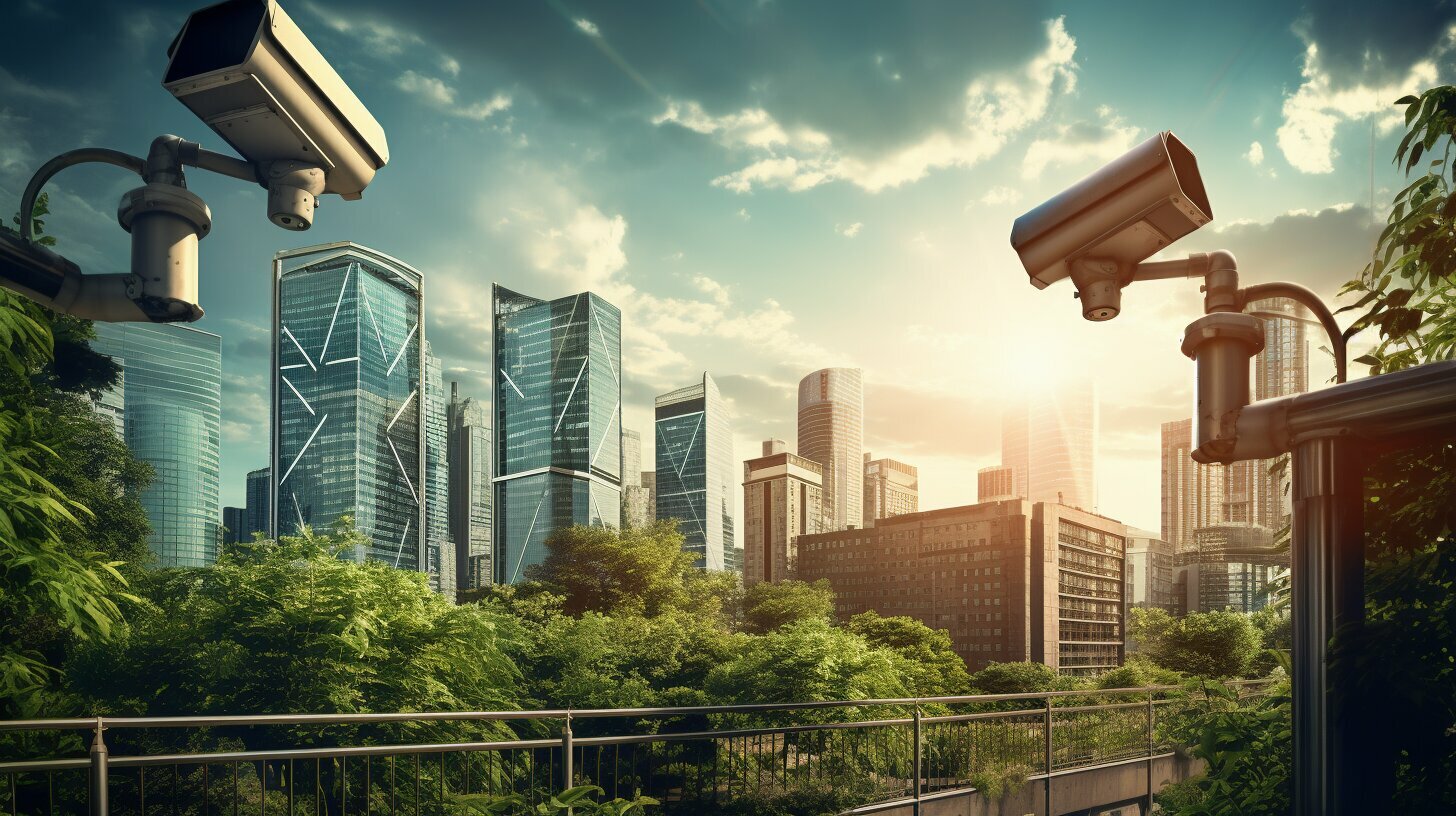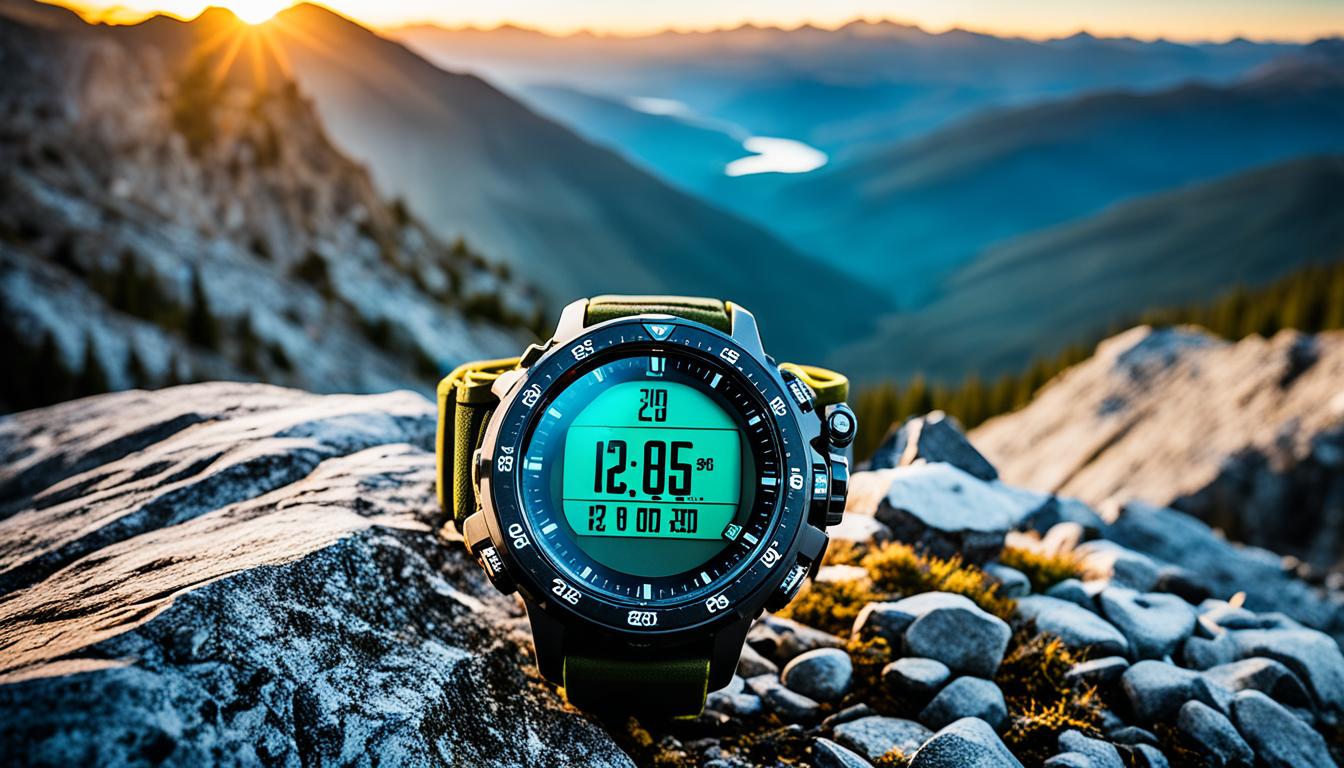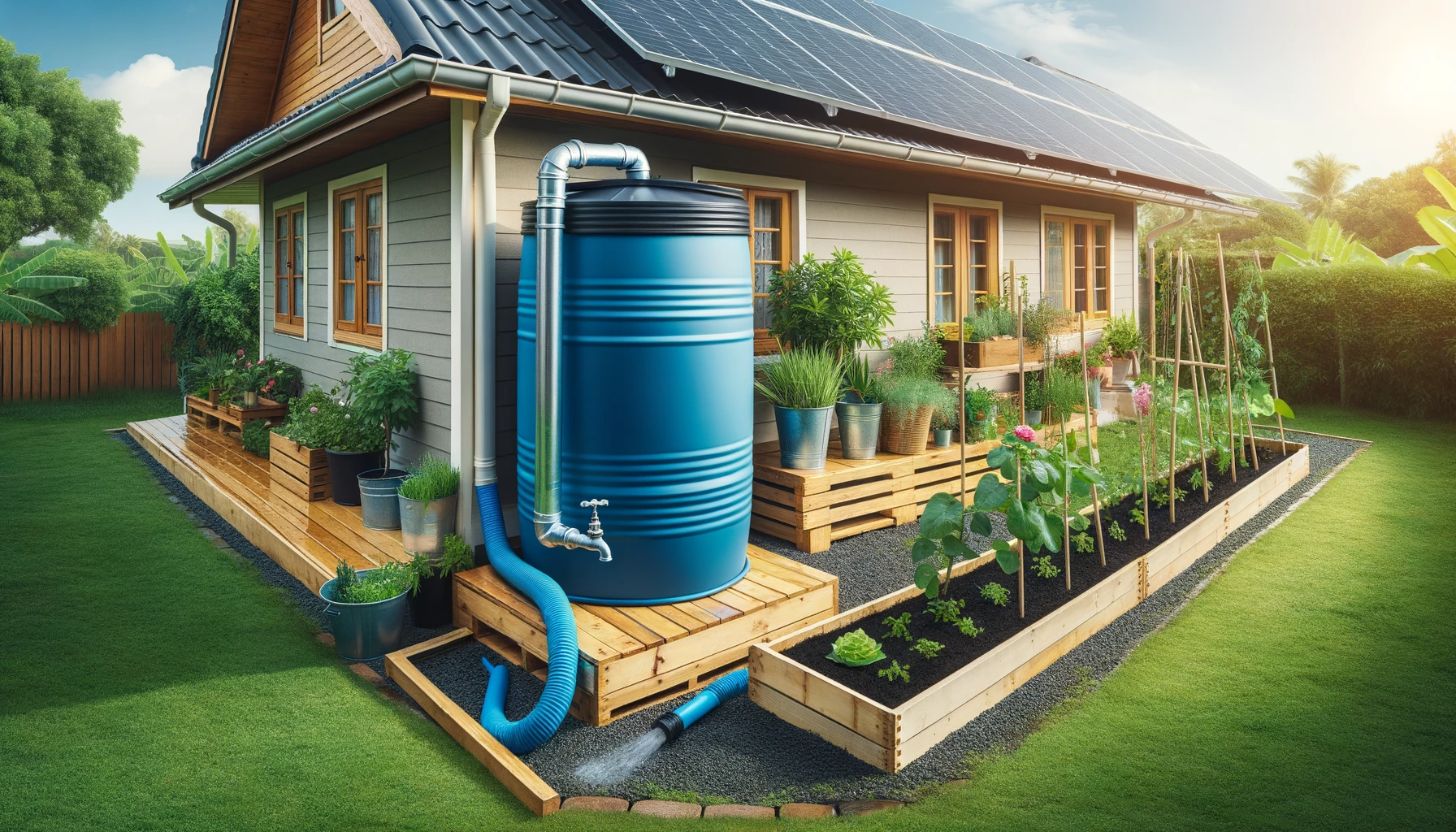Living in a bustling city can be exciting, but it also presents its own set of challenges. The constant noise, traffic, and crowds can make it difficult to navigate daily life. In addition, unexpected emergencies like natural disasters or power outages can happen at any time. It’s important to be prepared and equipped to handle any situation that may arise in an urban environment.
In this section, we will provide you with essential urban survival tips to help you thrive in the city. These tips will cover everything from emergency preparedness to self-defense. By implementing these strategies, you can increase your chances of staying safe and secure in any situation.
Key Takeaways
- Living in a city presents unique challenges that require specific survival skills.
- Being prepared with emergency supplies and knowing how to navigate the city are crucial for survival.
- Building a community network and practicing self-defense are important for personal safety.
Create an Emergency Preparedness Kit
Being prepared for emergencies is crucial for urban survival. Creating an emergency preparedness kit will ensure that you have all the essential items in case of an emergency. Here is a checklist of urban survival essentials that should be included in your emergency preparedness kit:
| Item | Quantity |
|---|---|
| Water | One gallon per person per day |
| Non-perishable food | Three-day supply per person |
| Flashlight | One per person |
| Batteries | Extra for all devices |
| Radio | Battery-powered or hand-crank |
| First-Aid kit | Basic supplies and any necessary medications |
| Personal hygiene items | Toilet paper, hand sanitizer, etc. |
| Cash | Small bills and change |
| Whistle | One per person |
| Important documents | Id, insurance papers, etc. |
| Tools and supplies | Wrench, pliers, duct tape, etc. |
Make sure to keep your emergency preparedness kit in a easily accessible location and ensure all items are kept up to date and in working condition.
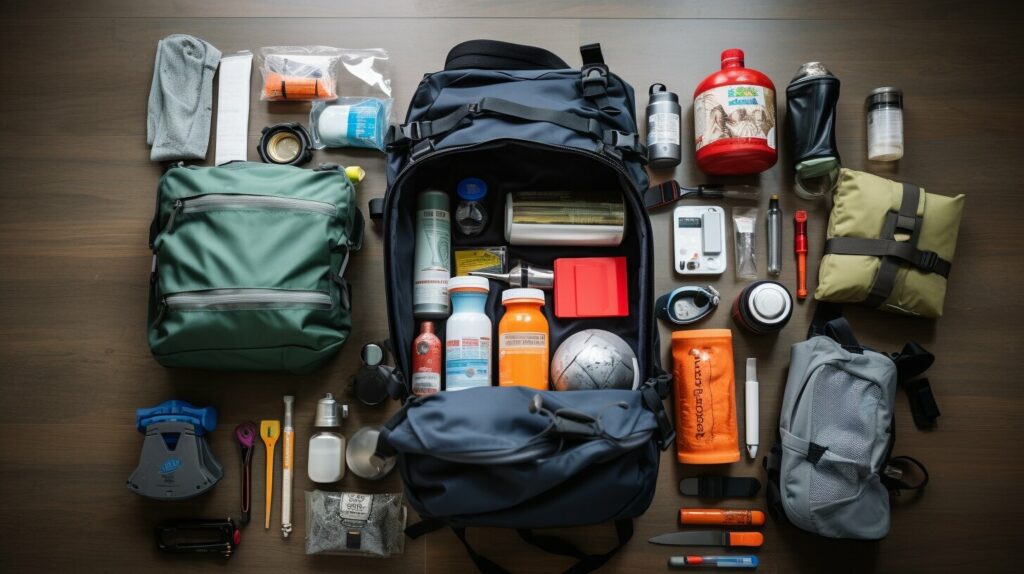
Master Urban Navigation
Navigating through busy urban environments can be overwhelming, but mastering urban navigation skills is crucial to ensuring your safety. Whether you’re walking city streets or using public transportation, these survival tips for urban living will help you stay on track.
Firstly, it’s important to be aware of your surroundings at all times. Keep your head up and avoid getting lost in your phone or other distractions. Pay attention to street signs, landmarks, and unique features of your surroundings to help orient yourself.
Reading Maps
Maps are a valuable tool for navigating urban environments. If you’re traveling somewhere unfamiliar, study the map before heading out and take note of key landmarks or intersections to look out for. Additionally, many cities have digital maps available on mobile apps or websites that can be helpful when planning your route.
Using GPS
GPS can be a valuable tool for urban navigation, but it’s important to use it wisely. When using GPS, keep your head up and pay attention to your surroundings. Don’t rely solely on GPS directions and be prepared to make adjustments if necessary.
Staying Aware of Public Transportation
Public transportation is a convenient option for getting around cities, but it can also be confusing and overwhelming. Plan your route in advance and study maps to avoid confusion. When using public transportation, be aware of your surroundings and stay alert for potential safety risks.
By following these urban survival tips and mastering your urban navigation skills, you’ll be able to confidently navigate through any city environment.

Secure Your Living Space
In an urban environment, securing your living space is crucial to ensure your safety and protect your belongings from theft or damage. Here are some urban survival strategies to consider:
| Strategy | Description |
|---|---|
| Reinforce doors and windows | Consider installing deadbolts, door jammers, and window locks to make it harder for someone to break in. |
| Install a security system | Invest in a security system that includes cameras, alarms, and motion sensors to deter potential intruders and provide peace of mind. |
| Practice good personal safety habits | Make sure to always lock your doors and windows when you leave your home, avoid sharing personal information with strangers, and be aware of your surroundings. |
By taking these steps to secure your living space, you can feel more confident and comfortable in your urban environment.
Find Reliable Sources of Food and Water
When it comes to urban survival strategies, finding reliable sources of food and water is essential. In the event of an emergency or disaster, your access to food and water may be severely limited. That’s why it’s important to have a plan in place and know where to find these vital resources.
One of the easiest ways to ensure you have access to food and water is to store emergency supplies in your home. This can include non-perishable food items, bottled water, and water purification tablets. Make sure to rotate your supplies every 6-12 months to ensure they remain fresh and usable.
| Emergency Food and Water Checklist |
|---|
| Water – one gallon per person per day |
| Non-perishable food items |
| Can opener |
| Paper plates and plastic utensils |
| Water purification tablets |
| Emergency stove and fuel |
In addition to storing supplies, it’s also important to know where to find local sources of food and water. Look for nearby farmers markets, grocery stores, and other food providers. In an emergency situation, these locations may be able to provide you with the resources you need to survive.
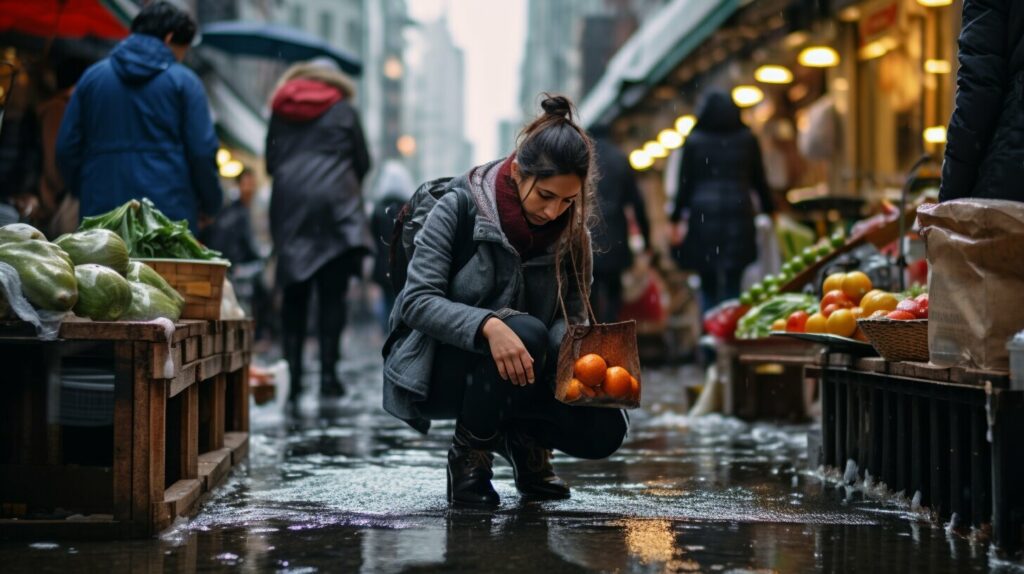
If you’re unable to find reliable sources of food and water, consider looking for public water sources such as fountains or water stations. However, it’s important to purify this water before drinking it, as it may contain harmful bacteria and contaminants.
By taking the time to prepare and plan ahead, you can ensure that you have the resources you need to survive in an urban environment. Remember to stay alert and aware of your surroundings, and always have a backup plan in case of emergencies.
Build a Community Network
When it comes to surviving in an urban environment, building a community network is one of the most important survival techniques you can learn. Being part of a community can provide you with support, resources, and knowledge that you may not have access to on your own.
Start by connecting with your neighbors and getting to know them. Join community organizations and participate in events. Attend meetings and volunteer in local projects to get involved in your community. This will help you establish relationships and build your network.
It’s also important to participate in emergency preparedness programs in your community. These programs can provide you with valuable knowledge and skills to help you survive in an emergency. They can also connect you with local resources and authorities that can assist you in case of an emergency.
Remember, in an urban environment, there is strength in numbers. By building a community network, you increase your chances of survival and thrive in even the toughest of situations.
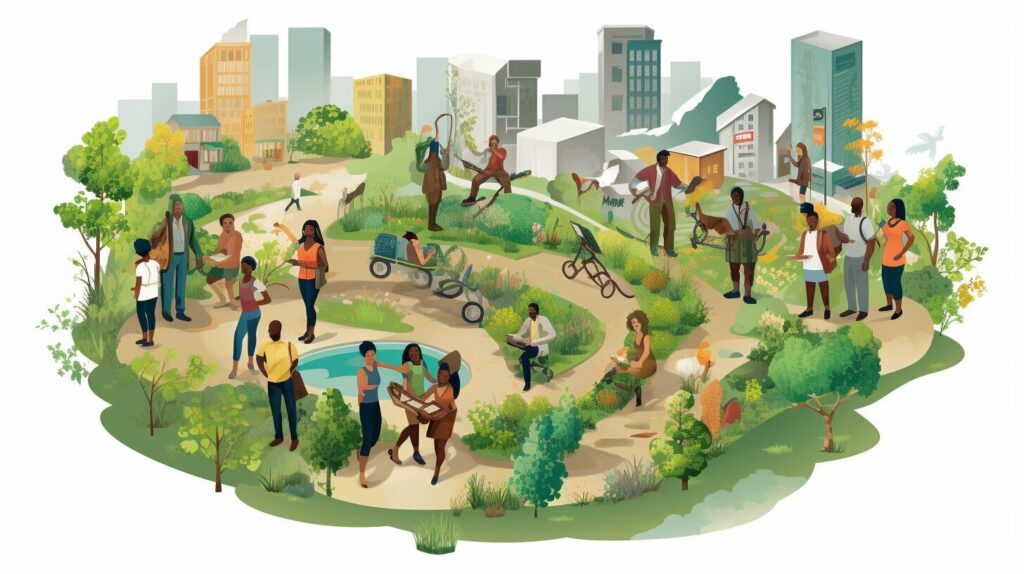
Stay Informed and Prepared for Emergencies
One of the most important urban survival skills is staying informed and prepared for emergencies.
Make sure to monitor local news and emergency alerts through reliable sources, such as your city’s official website or social media accounts. Stay up-to-date on weather conditions, security threats, and any other potential dangers that may affect your area.
Attending first aid and CPR classes can also greatly improve your ability to respond in emergency situations. Consider joining a local emergency response team or community organization that focuses on disaster preparedness and response.
Having a communication plan in place with your family and friends is also crucial. Make sure everyone knows how to contact each other in case of an emergency and establish a meeting place if necessary.
Remember: being informed and prepared can make all the difference in a crisis situation.

Master Urban Navigation
Part of staying prepared for emergencies in the city is mastering urban navigation. This includes being able to read maps, use GPS, and stay aware of your surroundings.
Make sure you are familiar with the public transportation system in your city and know alternate routes in case of closures or delays. Keep a backup map and compass in case your technology fails.
Being aware of your surroundings is also important for personal safety. Pay attention to who is around you, avoid dark or isolated areas, and trust your instincts if you feel uncomfortable.
By mastering urban navigation skills and staying aware of your surroundings, you can be better equipped to handle any unexpected situations.
Maintain Physical and Mental Health
Living in a bustling city can be incredibly stressful, which is why it’s essential to prioritize your physical and mental health. Here are some survival tips for urban living that can help you stay healthy:
- Stay Active: Regular exercise can help reduce stress and boost your mood. Try to incorporate physical activity into your daily routine, such as by walking or biking to work, joining a gym, or taking fitness classes.
- Manage Stress: Chronic stress can have negative effects on your health. Consider practicing stress-management techniques, such as meditation, deep breathing, or yoga, to help you relax and reduce anxiety.
- Access Healthcare Services: Make sure you know where the nearest hospitals, clinics, and urgent care centers are located in case you need medical attention. You may also want to consider getting a flu shot and other preventative care measures.
Remember that self-care is an essential part of urban survival strategies. By prioritizing your physical and mental health, you’ll be better equipped to handle the challenges of city living.
Practice Self-Defense
Learning self-defense techniques is an essential urban survival skill that can provide you with the confidence and ability to protect yourself in dangerous situations. Here are some tips to help you get started:
- Enroll in a self-defense class that teaches practical techniques for urban environments. Look for classes that focus on situational awareness, effective strikes and blocks, and escapes from common attacks.
- Carry personal safety devices such as pepper spray or a personal alarm. These can help you deter attackers or attract attention in an emergency.
- Stay alert and aware of your surroundings at all times. Avoid distractions like texting or wearing headphones while walking in public areas.
- If you feel threatened, trust your instincts and take action to protect yourself. This may include making noise, yelling for help, or using physical force to defend yourself.
Remember, the goal of self-defense is to avoid or escape dangerous situations whenever possible. However, being prepared with the right skills and tools can give you the confidence to stay safe in the city.
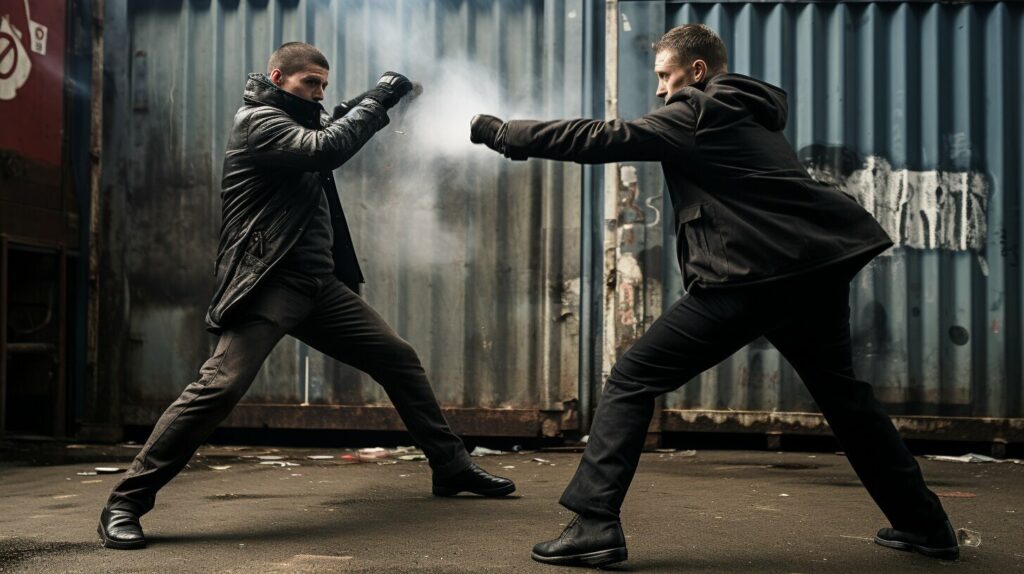
Conclusion
In today’s fast-paced urban environments, being prepared for emergencies is critical to your safety and well-being. By following the essential urban survival tips outlined in this article, you can navigate city life with confidence and ease.
Start by creating an emergency preparedness kit filled with urban survival essentials. Master urban navigation skills to safely and efficiently travel through the city. Secure your living space with proper reinforcement and safety practices.
Finding reliable sources of food and water, building a community network, and staying informed and prepared for emergencies are also key components of urban survival. Maintaining physical and mental health and practicing self-defense techniques can further enhance your safety in the city.
By incorporating these urban survival strategies into your daily life, you can be well-prepared for any situation that may arise in the urban jungle. Stay safe and always be ready for the unexpected.
FAQ
Q: What are some essential urban survival tips for modern city living?
A: Essential urban survival tips include creating an emergency preparedness kit, mastering urban navigation skills, securing your living space, finding reliable sources of food and water, building a community network, staying informed and prepared for emergencies, maintaining physical and mental health, and practicing self-defense.
Q: Why is it important to create an emergency preparedness kit for urban environments?
A: Creating an emergency preparedness kit specific to urban environments is important because it ensures you have essential supplies and resources in case of emergencies such as natural disasters, power outages, or civil unrest.
Q: What should be included in an emergency preparedness kit for urban survival?
A: An emergency preparedness kit for urban survival should include items such as water, non-perishable food, a first aid kit, flashlight, batteries, a portable radio, a multi-tool, cash, important documents, and any necessary medications.
Q: How can I master urban navigation skills?
A: To master urban navigation skills, you can practice reading maps, utilizing GPS technology or navigation apps, and familiarizing yourself with public transportation systems in your city. It’s also important to stay aware of your surroundings and practice situational awareness.
Q: How can I secure my living space in an urban environment?
A: To secure your living space in an urban environment, you can reinforce doors and windows, install a security system or alarms, ensure good lighting, and practice personal safety habits such as locking doors and being cautious about who you let into your building or apartment.
Q: Where can I find reliable sources of food and water in a city?
A: Reliable sources of food and water can be found in cities through options such as storing emergency food and water supplies, finding local farmers markets or grocery stores, and identifying public water sources such as fountains or hydration stations.
Q: How can I build a community network in an urban environment?
A: Building a community network in an urban environment can be done by connecting with neighbors, joining community organizations or neighborhood associations, and participating in emergency preparedness programs or events. Creating relationships and fostering a sense of community is essential for support during emergencies.
Q: How can I stay informed and prepared for emergencies in a city?
A: To stay informed and prepared for emergencies in a city, you can monitor local news and emergency alerts, sign up for notification systems, attend first aid and CPR classes, and have a communication plan in place with your loved ones.
Q: What are some tips for maintaining physical and mental health in an urban environment?
A: Some tips for maintaining physical and mental health in an urban environment include staying active by utilizing urban parks or joining fitness clubs, managing stress through techniques such as meditation or mindful activities, and accessing healthcare services available in the city.
Q: How can I practice self-defense for personal safety in an urban environment?
A: You can practice self-defense in an urban environment by enrolling in self-defense classes, carrying personal safety devices such as pepper spray or alarms, being aware of your surroundings, and avoiding potentially dangerous situations.
